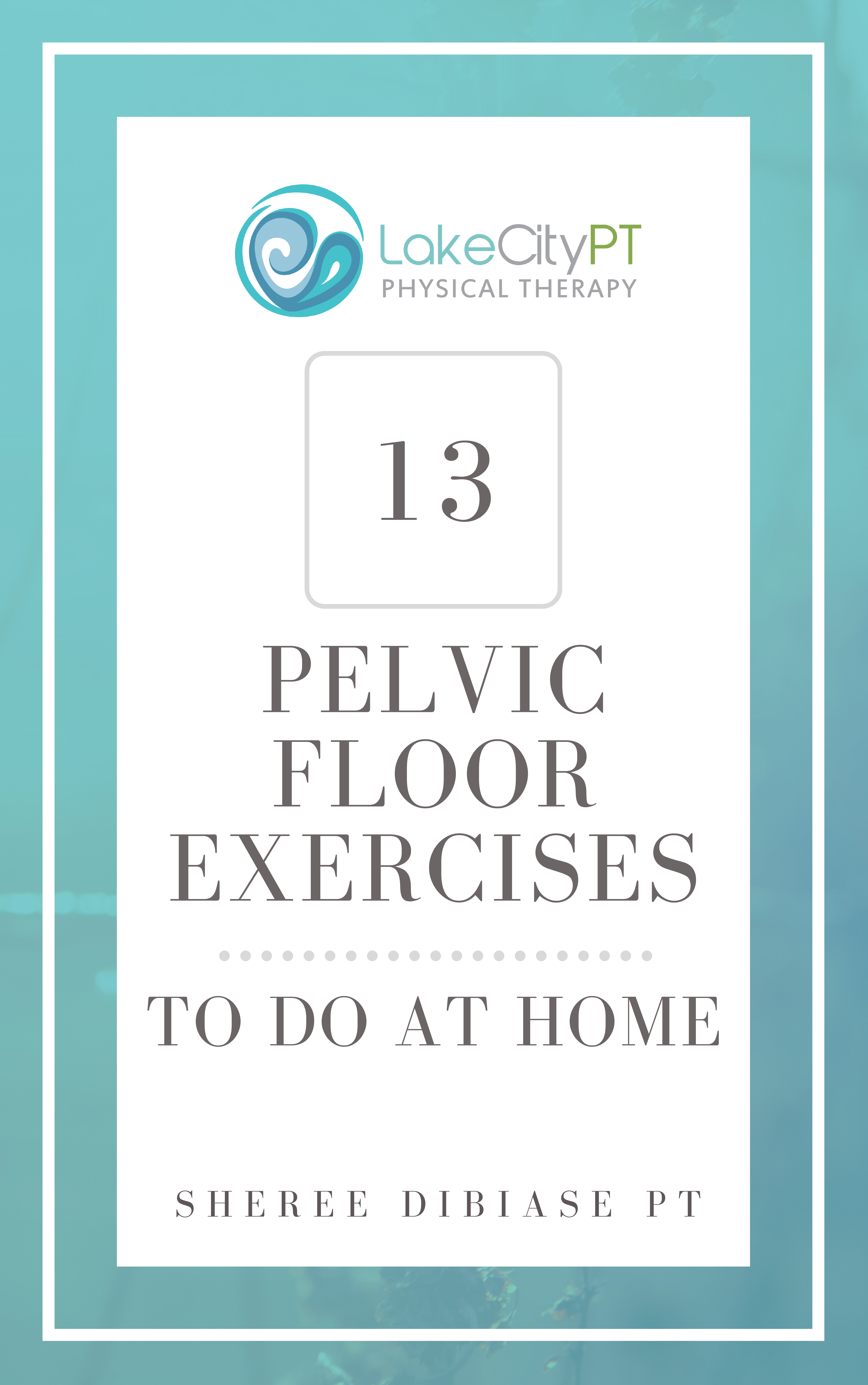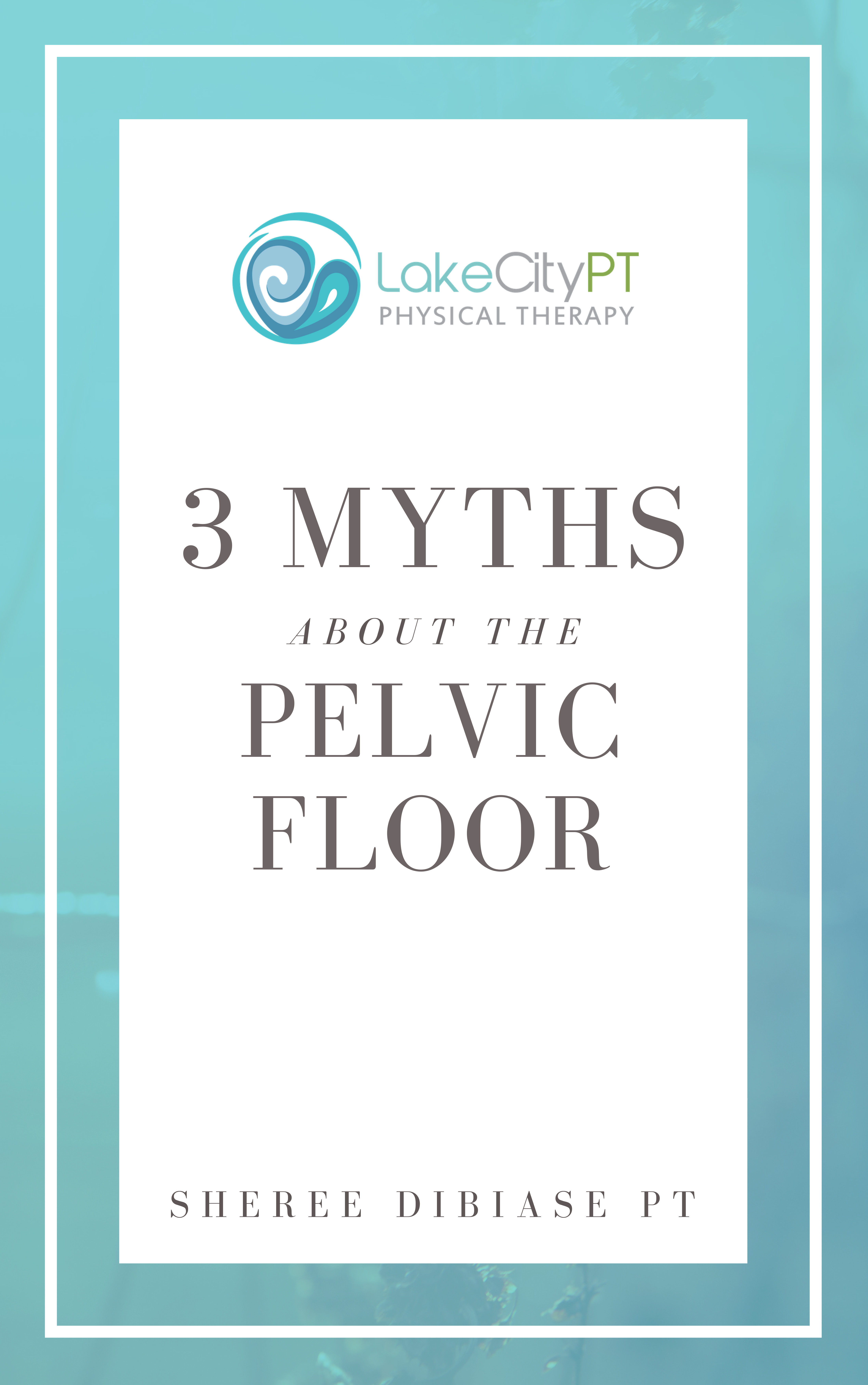Anxiety and Pelvic Floor Dysfunction
Anxiety affects your body in various ways, and there appears to be a link between anxiety and pelvic floor health. According to studies, approximately 15-20% of women in the U.S. experience a form of pelvic pain. Although research on pelvic dysfunction is still going on, one thing is clear: anxiety and stress have a role to play.
Related Articles
What is the link between pelvic pain and anxiety?
Pelvic pain can be either acute or chronic, with chronic discomfort lasting at least three months. It can happen for gynecological or non-gynecological reasons and knowing the difference is crucial for diagnosis and therapy.
It’s now widely accepted that stress and worry have a variety of detrimental effects on the body. Clenching our muscles is a common stress response. In fact, tightening the pelvic floor muscles, in particular, is a common stress reaction.
Loose pelvic floor muscles cause several pelvic floor problems, including pelvic organ prolapse, which is why doctors frequently recommend Kegel exercises.
However, if you are constantly tightening these muscles (sometimes unconsciously as a result of chronic stress), you might develop a condition known as hyper-active pelvic floor or non-relaxing pelvic floor dysfunction. Vaginal dysfunction, anorectal dysfunction, sexual dysfunction, and discomfort can all be symptoms of this illness.
Trauma, abuse, or structural asymmetry can all contribute to non-relaxing pelvic floor dysfunction. Sometimes the root of the problem is never discovered. Studies have shown, however, that sleep disturbances, depression, and anxiety can exacerbate chronic pain and have a negative impact on a woman’s quality of life.
Furthermore, it has been shown that chronic stress exposure early in life can lead to pelvic discomfort later in life and that acute stress can cause or worsen symptoms.
Studies have also indicated that patients with pelvic discomfort are more likely than the general population to suffer from psychological issues such as stress and worry. According to one study, anxiety levels among women with chronic pelvic pain range from 39 to 73 percent, while anxiety levels in the general population are just 12 percent.
What type of stress and anxiety can cause pelvic floor dysfunction?
Stress, like any other body part, can have a big impact on your pelvic floor’s health.
When it comes to the body, the term “stress” can indicate a number of different things. What types of stress might cause problems with the pelvic floor?
Physical Anxiety
Wear and tear is a natural part of having a human body. Normal daily chores can gradually degrade the body over time, which is a natural component of aging. The pelvic floor can be weakened by physical pressures such as childbirth and trauma.
Injuries to the pelvic floor, like any other injury or physical strain, can result in scar tissue as part of the healing process. This buildup of scar tissue can make it harder to conceive, as well as affect sexual well-being and overall comfort.
Emotional and Mental Anxiety
Do you ever clench your butt and surrounding muscles when you’re nervous or in a tight situation? That’s your pelvic floor.
While this is a perfectly normal reaction to everyday stress, doing so all of the time as a result of chronic stress can result in a variety of pelvic floor problems, ranging from sex pain to pelvic organ prolapse.
Connection between the mind and the body
It’s practically impossible to tell the difference between physical and mental stress when it comes to the mind-body relationship. Any form of emotional or mental stress has a direct impact on a person’s physical health, including their pelvic floor.
Anxiety and pelvic pain treatment
Too many women suffer in silence from pelvic floor dysfunction and persistent discomfort. Those who do seek help are frequently met with doctors who are unable or unwilling to properly diagnose them.
Thankfully, there are a variety of treatments available for pelvic floor issues for women who seek help. Because of the link between mental health and pelvic pain, medication, treatment, and exercise are frequently used. Pelvic physical therapy is another option for pelvic pain relief.
Finally, it’s worth noting that many pelvic floor diseases, such as incontinence, can cause anxiety. Pelvic discomfort can be frightening, especially if it is accompanied by trauma. According to one study, growing evidence suggests that pain may be a larger risk factor for depression or anxiety than the inverse.
To avoid chronic physical pain, as well as to heal from the emotional distress that typically accompanies pelvic pain, it’s critical to track down the source of your suffering. Also, keep in mind that mental health is equally important as physical health.
How to get help
If stress has worsened the damage to your pelvic floor and is interfering with your daily life, it’s time to seek professional help.
There are a number of specialists who can assist you with pelvic floor pain or imbalance.
Pelvic floor physical therapists assist in the diagnosis and management of pelvic floor dysfunction by providing practical recommendations and exercises. They frequently assist persons who have suffered from birth trauma or other pelvic floor ailments.
Sexological bodyworkers employ techniques similar to those used by massage therapists, but they concentrate on the genitals and surrounding area. This technique aids in the breakdown of scar tissue, as well as the relief of pelvic pain and related illnesses.
Seeing an alternative medicine specialist, such as a naturopathic doctor or a Chinese Medicine Practitioner, can help you tackle your stress from a holistic perspective. Herbal medicines, dietary adjustments, and acupuncture are some of the techniques used by these practitioners.
Bottom line
Stress is an inevitable part of life, but if it’s damaging your pelvic floor, there’s still hope. It’s possible to reclaim control of your health and life by seeking professional help.


